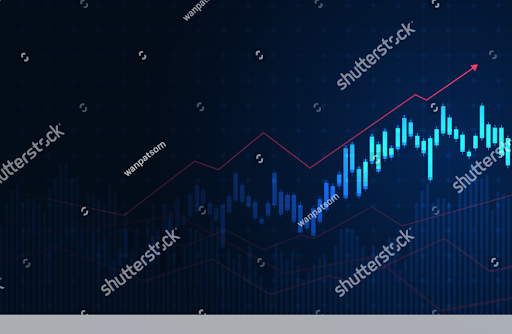The words ‘invest’ and ‘trade’ get bandied around often interchangeably. This is usually ok in everyday conversation, as the key distinctions between the two activities are not important in non-financial circles. However, there are times when it is important to recognize that investing and trading are very different activities, and you should know which one you want to do before you do anything with your capital.
Of course, there are many similarities between these two different forms of financial market participation, such as the fact that it involves buying some form of instrument and that, at some point, you hope to profit from selling your holdings.
But while trading and investing are very similar in many ways, there are just as many things that set them apart.
Invest Over the Long Term, Trade in the Short Term
While some active investors may buy and sell more frequently than those categorized as ‘passive’ investors, anyone who invests does so with medium to long-term time frames in mind. This is because investors are looking for businesses and assets that are likely to provide value in some way in the future.
For example, an investor in a mining company will purchase shares in the business in the hopes that it will benefit from rising commodity prices and improvements in technology that allow it to reduce its extraction costs.
In contrast, traders look for their profits by exploiting the short-term inefficiencies of the market. For example, if a trader identifies that oil may be over-priced, opening a short position on it would allow them to profit from the falling price of this commodity.
So, while an investor may plan to hold onto their purchases for years or even decades, a trader will only keep an instrument for a matter of hours or days.
Trading is Much More Hands-On
With these different time frames, it’s probably unsurprising that trading is much more hands-on than investing. If you’re a passive investor, you can spend a couple of hours setting up a recurring purchase in your brokerage account and not look at it until you retire (though it will probably make sense to re-assess every so often).
On the other hand, trading requires continual monitoring of your open positions and the broader market. Passive trading is not possible in the same way as it is with investing.
Because trading is more hands-on, it requires more knowledge and skill than investing, especially if you’re comparing day trading and passive investing. For that reason, it’s crucial that anyone considering trying to invest spends time learning the basics, trying out different strategies, and getting to grips with all of the different tools that traders have at their disposal. Thankfully, leading trading platforms like Equiti offer their users the option of demo trading, which involves using the same instruments, data, and tools but trades are completed with demo money, so profits and losses are simulated.
Investors Can Receive Dividends
While, again, there are some exceptions, most investors buy the underlying asset whenever they gain exposure to a market. For example, anyone buying shares of Coca-Cola (NYSE: KO) owns a portion of the Coca-Cola Company that produces the dark brown fizzy liquid we’re all familiar with.
In contrast, most traders buy derivatives – a fancy term that describes a contract designed to replicate the performance of a particular financial asset. These are often sold in the form of contracts for differences (CFDs), where the two parties to the contract are essentially making a bet on whether an underlying asset will increase or decrease in value. In our Coca-Cola example, a long CFD on KO would increase in value if the KO share price rose and decrease if it fell.
In both instances, the investor and the trader can profit from the rising value of the purchase. However, only the investor, who owns a portion of the company, will also be entitled to a share of its profits in the form of a dividend.





